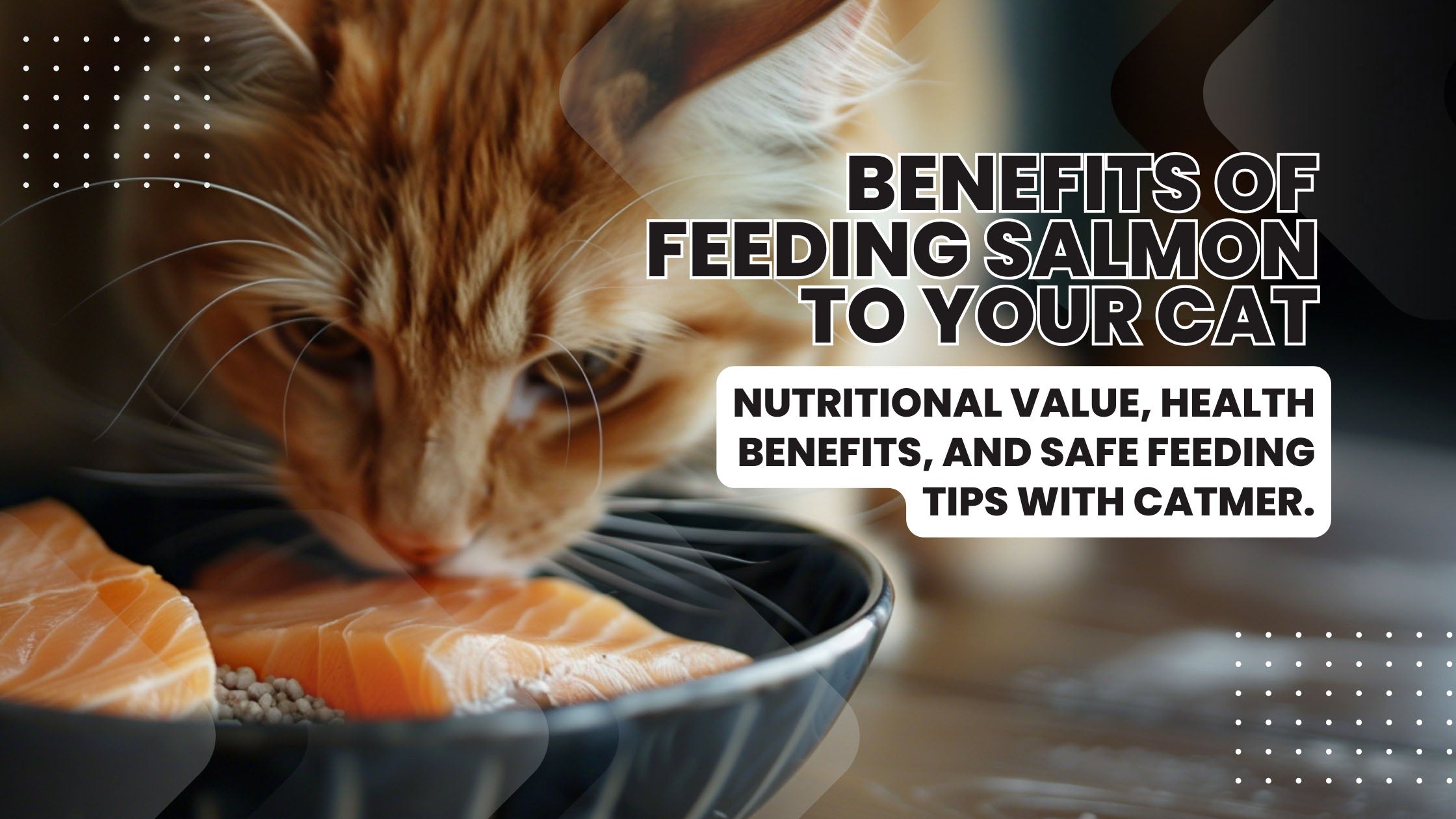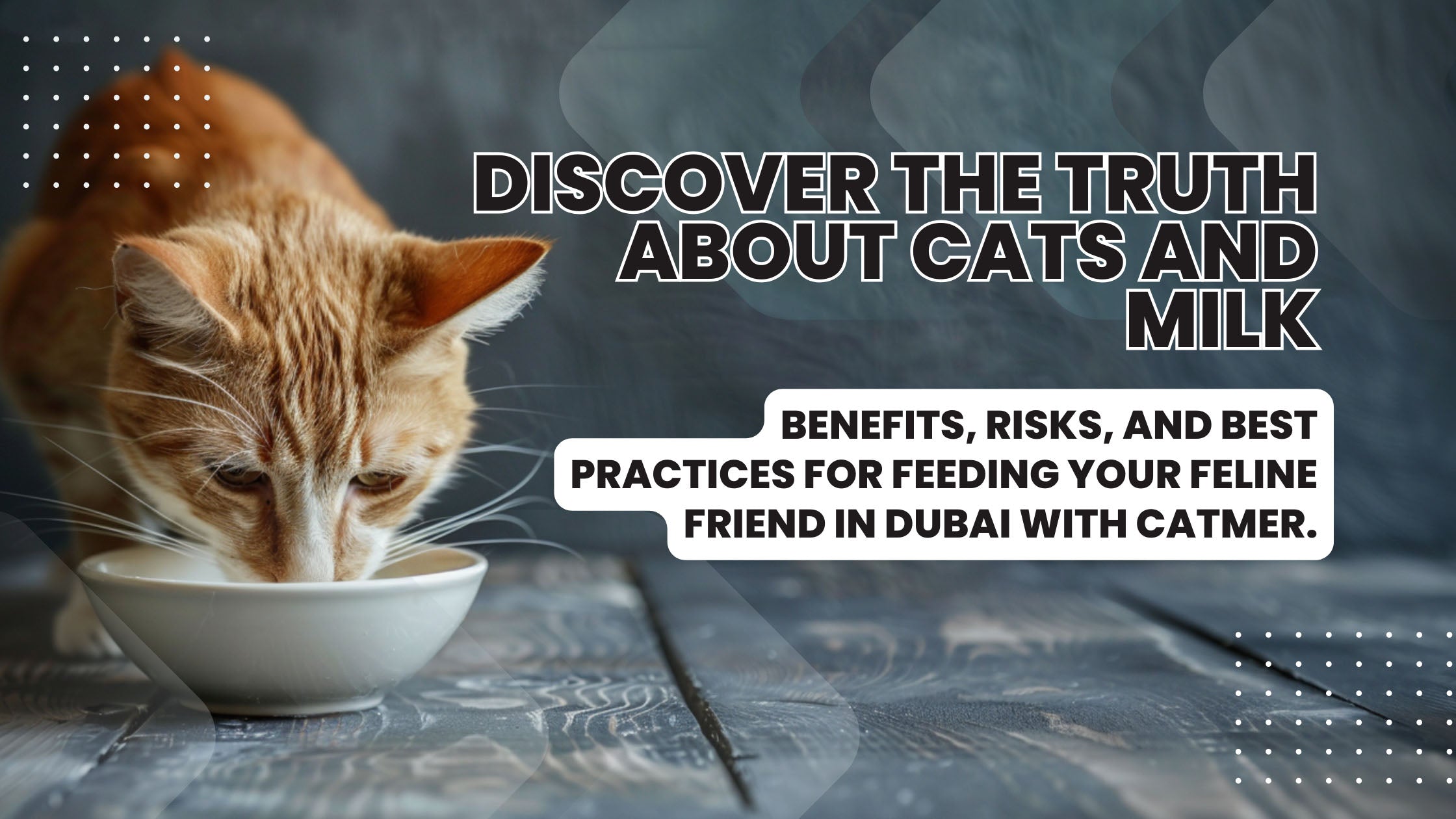
Delicious and Nutritious: The Benefits of Feeding Salmon to Your Cat in Dubai
Introduction
Salmon is often touted as a superfood, not just for humans but for cats too. Packed with nutrients, it can be a great addition to your cat’s diet. But is it suitable for cats living in Dubai’s unique climate? This article explores the numerous benefits of feeding salmon to cats and provides practical tips on how to include it in their diet. If you’re wondering what to feed your cat in Dubai, this guide will help you make an informed decision.
Nutritional Benefits of Salmon
Rich in Omega-3 Fatty Acids Salmon is an excellent source of Omega-3 fatty acids, which are crucial for maintaining healthy skin and a shiny coat. These fatty acids also play a vital role in reducing inflammation and supporting overall health. Omega-3s are known for their anti-inflammatory properties, which can be particularly beneficial for cats with allergies or skin conditions. Moreover, they help to support cardiovascular health, ensuring your feline friend stays active and energetic.
High-Quality Protein Source Salmon provides high-quality protein, essential for muscle development and repair. It contains all the essential amino acids that cats need to thrive. Protein is the building block of the body, and for obligate carnivores like cats, it is especially important. A diet rich in high-quality protein supports lean muscle mass, which is crucial for maintaining a healthy weight and supporting active play.
Essential Vitamins and Minerals Salmon is rich in vitamins like B12 and D, as well as minerals such as selenium and potassium. These nutrients contribute to various bodily functions, including energy production and immune support. Vitamin B12 is essential for neurological function and the production of red blood cells, while vitamin D is crucial for calcium absorption and bone health. Selenium acts as an antioxidant, helping to protect cells from damage, and potassium is important for heart and muscle function.
Health Benefits of Salmon for Cats
Improved Skin and Coat Health The Omega-3 fatty acids in salmon help maintain a healthy, shiny coat and can alleviate issues like dry skin and dandruff. This is particularly beneficial in the dry climate of Dubai, where the air can strip moisture from your cat's skin and fur. A diet rich in Omega-3s can help to keep your cat's skin supple and their coat lustrous, reducing shedding and hairballs.
Enhanced Joint Health Omega-3s also support joint health, reducing inflammation and stiffness, which is especially helpful for older cats or those with arthritis. Regular consumption of Omega-3 rich foods like salmon can improve mobility and reduce discomfort in cats with joint issues, allowing them to move more freely and enjoy a higher quality of life.
Boosted Immune System The vitamins and minerals in salmon, such as vitamin D and selenium, help boost the immune system, making cats more resilient to illnesses. A strong immune system is vital for fighting off infections and diseases, especially in a bustling city like Dubai, where your cat might be exposed to various environmental stresses.
Better Cognitive Function Salmon's Omega-3s are known to support brain health, potentially improving cognitive function and maintaining mental sharpness as cats age. These fatty acids can help to support learning and memory, keeping your cat mentally engaged and active. This is particularly important for older cats, who may experience cognitive decline as they age.
Feeding Salmon to Cats in Dubai
Fresh vs. Cooked Salmon When feeding salmon to your cat, it's important to serve it cooked rather than raw. Raw salmon can contain parasites that are harmful to cats. Cooked salmon, without any added spices or seasonings, is the safest option. Cooking the salmon not only kills potential parasites but also makes it easier for your cat to digest.
How to Prepare Salmon for Cats Simply bake or grill the salmon until it's fully cooked. Avoid adding any salt, garlic, onions, or other seasonings that can be toxic to cats. Once cooked, flake the salmon into small, manageable pieces for your cat to eat. This ensures that the salmon is easy to chew and digest, making it a delightful treat for your feline friend.
Portion Control and Frequency Salmon should be fed as a treat or supplement to your cat’s regular diet. A small portion, about the size of a tablespoon, once or twice a week is sufficient. Overfeeding salmon can lead to an imbalance in your cat’s diet. It’s important to remember that while salmon is nutritious, it should not replace a complete and balanced cat food. Moderation is key to ensuring that your cat enjoys the benefits of salmon without any negative effects.
Considerations and Precautions
Potential Allergies While salmon is generally safe for most cats, some may develop allergies. Signs of an allergic reaction include itching, swelling, and gastrointestinal issues. If you notice any of these symptoms, discontinue feeding salmon and consult your vet. Allergies can develop suddenly, even if your cat has previously eaten salmon without issues, so it’s always best to monitor them closely when introducing new foods.
Mercury Content Like all fish, salmon contains some mercury. Although salmon has lower mercury levels compared to other fish, it's still important to feed it in moderation to avoid potential toxicity. Mercury can accumulate in your cat’s body over time, leading to health problems. By limiting salmon to occasional treats, you can minimize the risk of mercury exposure.
Balancing the Diet Salmon should not be the sole component of your cat’s diet. Ensure your cat receives a balanced diet that includes a variety of proteins and nutrients. Salmon can be a healthy addition but should complement other high-quality cat foods. A diverse diet helps to prevent nutrient deficiencies and ensures that your cat gets a wide range of health benefits.
Conclusion
Feeding salmon to your cat can offer numerous health benefits, from improved skin and coat health to better cognitive function. However, it’s important to serve it properly and in moderation, especially in the hot climate of Dubai. With the right approach, salmon can be a delicious and nutritious treat that supports your cat’s overall well-being. For more tips on feeding your cat in Dubai, visit our blog and explore our subscription plans for premium cat food options.
FAQs
Can all cats eat salmon? While most cats can safely enjoy salmon, some may have allergies. Always introduce new foods gradually and monitor for any adverse reactions.
How often should I feed salmon to my cat? Feeding salmon once or twice a week as a treat or supplement to their regular diet is recommended. This ensures your cat enjoys the benefits of salmon without the risk of overconsumption.
Is raw salmon safe for cats? No, raw salmon can contain harmful parasites. Always cook salmon thoroughly before feeding it to your cat to ensure it’s safe.
What are the signs of a salmon allergy in cats? Signs of an allergy include itching, swelling, and gastrointestinal issues. If you notice any of these symptoms, stop feeding salmon and consult your vet immediately.
Can I feed my cat salmon every day? Feeding salmon every day is not recommended due to potential mercury accumulation and the need for a balanced diet. Stick to occasional servings to keep your cat healthy.
Stay updated with Catmer through our social media pages:


